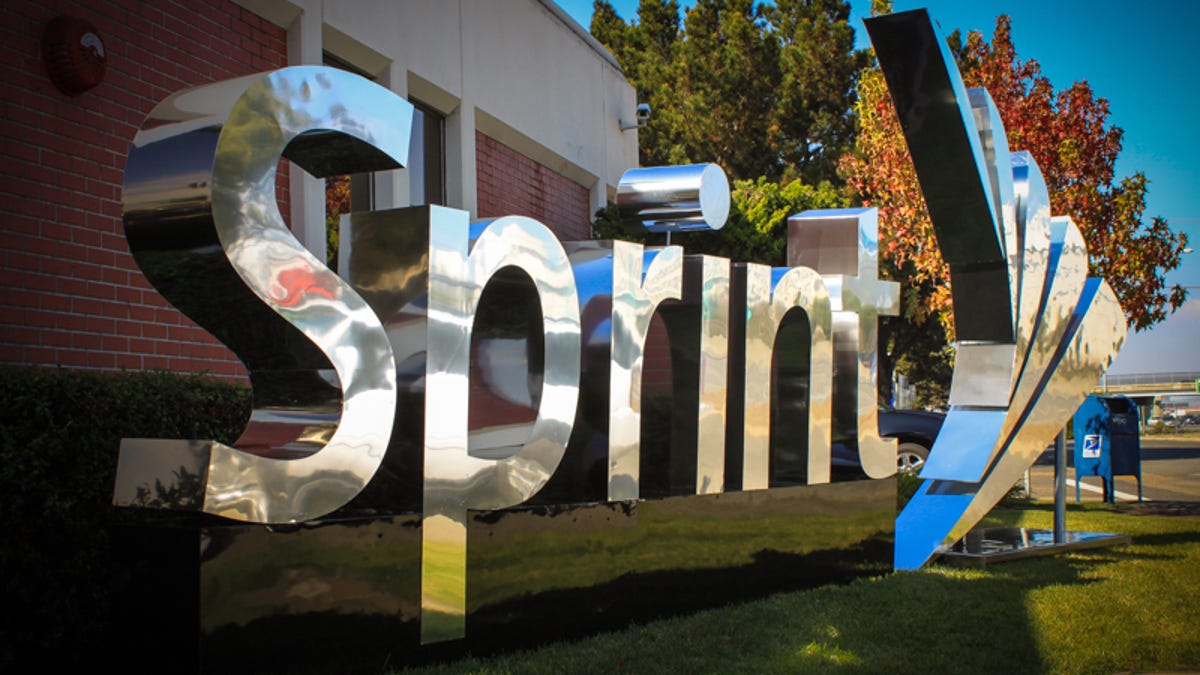Sprint is preparing bid for T-Mobile, WSJ says
The deal would combine the No. 3 and No. 4 carriers in the nation, and could be worth more than $20 billion.

Sprint may try its luck in a potential merger with T-Mobile next year, according to The Wall Street Journal.
The Journal, citing unnamed sources, said Sprint is working on a possible bid for T-Mobile for the first half of next year. The deal could be worth more than $20 billion.
A deal would significantly reshape the wireless landscape. Sprint, the third largest carrier in the US, would combine with T-Mobile, which is the fourth and smallest national carrier. The idea is that the combined company would be better-suited to compete against Verizon Wireless and AT&T, which are both far larger than its two smaller competitors.
But a deal will also test the mettle of regulators, who have in the past said they preferred four competitors in the wireless market. AT&T was forced to scrap its planned takeover of T-Mobile in 2011 after regulators signaled they would not approve the deal. It ended up being a costly move with AT&T paying $3 billion to T-Mobile parent Deutsche Telekom and providing $1 billion worth of spectrum -- which T-Mobile has used to build its LTE network.
The Journal does note that Sprint hasn't yet decided on whether it would move ahead with the bid.
Beyond the regulatory hurdles, Sprint and T-Mobile operate on different wireless technologies, although they are slowly converging with the move to LTE. T-Mobile's 3G technology is based on GSM, while Sprint's is based on CDMA. Sprint, however, is upgrading its network to handle different flavors of technology and spectrum.
Both companies have had a busy year. Over the last few months, Sprint closed its acquisition of Clearwire, shut down its Nextel network, best known for its walkie-talkie feature, and all while wrapping up its own takeover by Japanese carrier SoftBank. More recently, it unveiled Sprint Spark, its super-fast LTE service.
T-Mobile, meanwhile, has been solidly on the road to recovery with its Uncarrier campaign, which shed contracts, introduced an early upgrade program, did away with international data roaming charges, and provided free data to tablet customers. In doing so, the carrier has seen growth as customers flocked back to the carrier -- a reversal from recent years.
T-Mobile CEO John Legere told CNET in July that he was open to deals with companies such as Sprint and Dish Network, and has indeed had experience running a business and selling it off, having successfully done so with Global Crossing.
A Sprint representative declined to comment. CNET contacted T-Mobile for comment, and we'll update the story when they respond.

